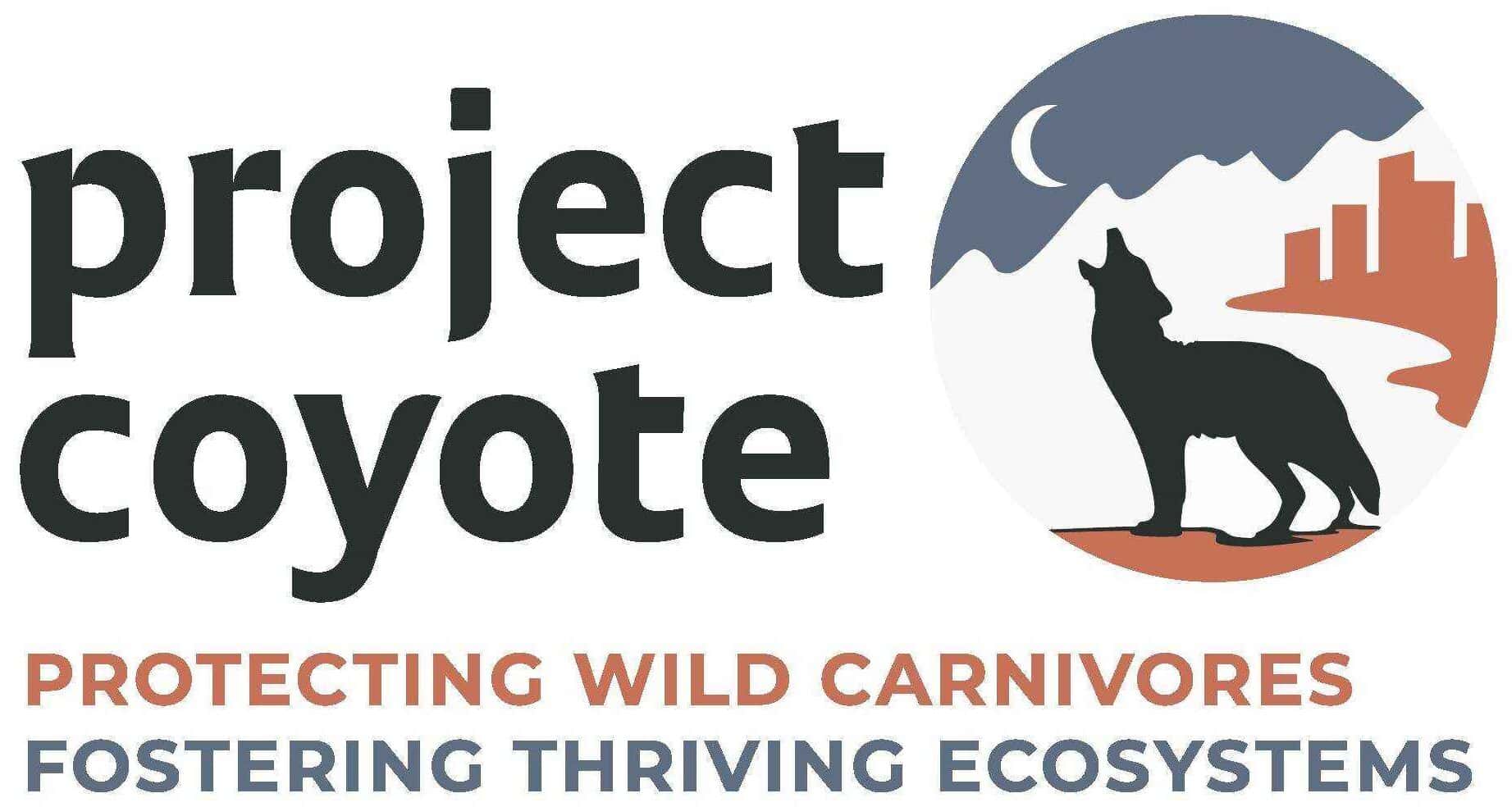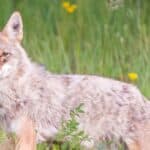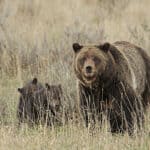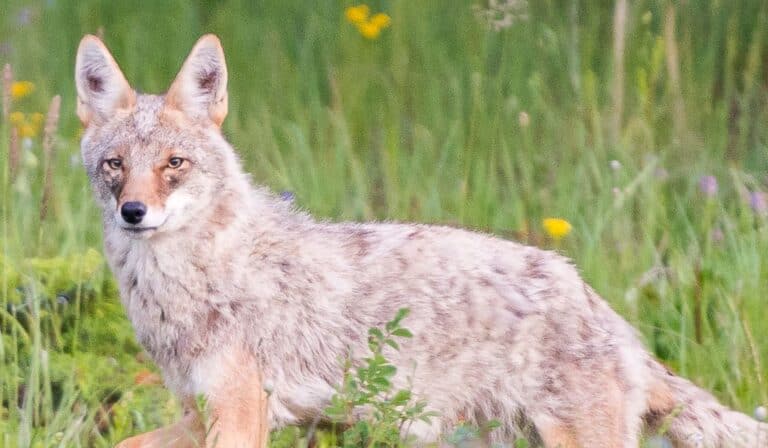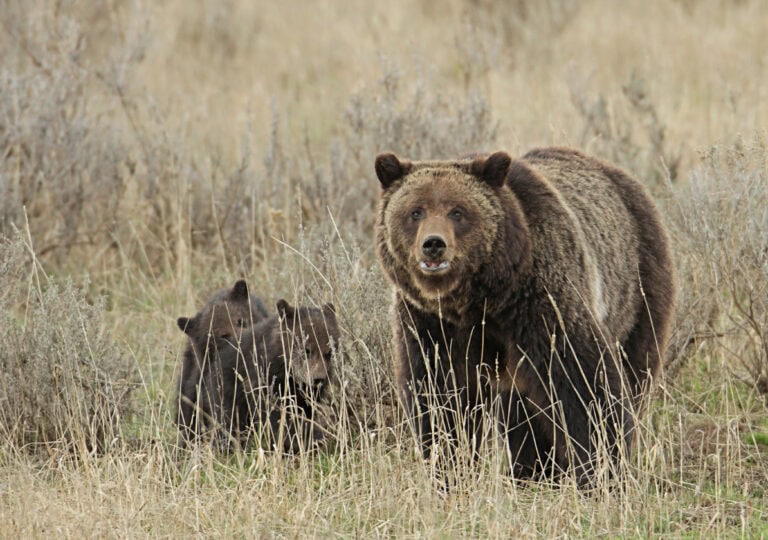FOR IMMEDIATE RELEASE — March 15, 2023
Contact: info@projectcoyote.org, Project Coyote, 415.326.4110
Legislation would end organized contests without affecting hunting and angling
CARSON CITY – Assembly Bill 102, which would prohibit wildlife killing contests in Nevada, will be heard by the Assembly Natural Resources Committee today. The bill was introduced by Assemblyman Howard Watts (D-Las Vegas) and Senator Melanie Sheible (D-Las Vegas) after the Nevada Board of Wildlife Commissioners failed to regulate killing contests in November 2021. Recent polling shows that 66% of Nevadans oppose wildlife killing contests, while only 19% support them.
As public attitudes change and a better scientific understanding of wildlife dynamics is developed, advocates, state agencies, and legislatures around the country are moving to end these events. Five other western states–Arizona, California, Colorado, New Mexico, and Washington have banned or restricted killing contests. Oregon is in the process of outlawing the contests as well. Eight states in total across the country have banned the practice and three, in addition to Oregon and Nevada, are currently considering legislative or regulatory bans. Federal legislation to ban wildlife killing contests on federal public lands was introduced last year.
“The proposed legislation is a step in the right direction for Nevada,” said Cheyanne Neuffer, Nevada wildlife engagement coordinator for WildEarth Guardians. “Nevadans and the American West only benefit from more ethical and scientific wildlife management decisions.”
“As a former state wildlife biologist in New Mexico where wildlife killing contests are banned, I can confidently state that contests serve no legitimate wildlife management purpose,” explained Michelle Lute, PhD in wildlife conservation and carnivore conservation director for Project Coyote. “In fact, studies show that indiscriminate killing such as these contests only serve to create chaos in the social order of wildlife and increase the potential for conflict.”
Although defenders of killing contests claim that their weekend competitions help protect local agricultural interests and big game populations, evidence strongly suggests otherwise. Despite decades of indiscriminate lethal control, Nevada’s mule deer population continues to struggle due to habitat loss and fragmentation. The best available science increasingly supports the efficacy of non-lethal tools to prevent conflict with predators and protect domestic animals and other agricultural products.
“Wildlife killing contests are a barbaric spectacle that are totally out of step with our common moral code,” said Patrick Donnelly, Great Basin director at the Center for Biological Diversity. “During an extinction crisis, with wildlife populations around the world plummeting, indiscriminate killing of wildlife for prizes is simply unacceptable. This important legislation will help bring Nevada’s wildlife management into the 21st century.”
If passed out of the Assembly Natural Resources Committee, AB102 will likely continue to an Assembly floor vote and, should it pass the full Assembly, would head to the Senate Natural Resources committee. Although no fiscal analysis is available yet, this bill is not anticipated to have any detrimental economic impact. If AB102 becomes law, violators will be subject to fines for organizing or participating in contests that target beaver, bobcat, coyote, fox, mink, muskrat, otter, rabbit, skunk or weasel.
###
